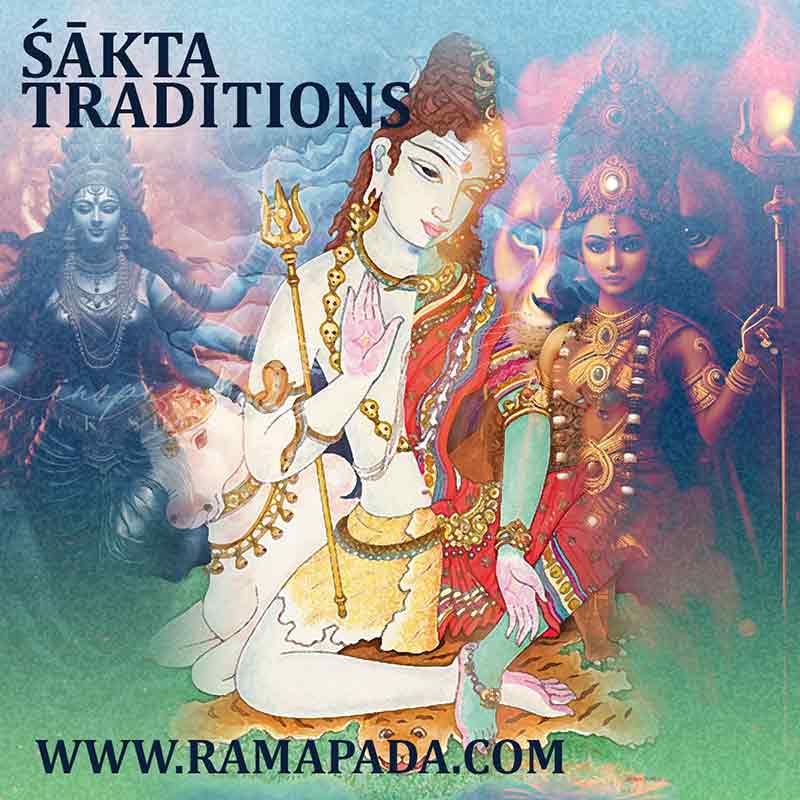Within the rich tapestry of Hinduism, Śākta traditions occupy a unique space, celebrating the divine feminine as the source of all creation. Unlike some religions with a single central deity, Śākta traditions focus on the worship of the goddess, Shakti, in her myriad forms. This article delves into the essence of Śāktism, exploring its core tenets, diverse practices, and profound influence on Hinduism.
The Centrality of the Goddess
Shakti translates to “power” or “energy,” and in Śākta traditions, she embodies the dynamic force behind the universe. She is not just a consort to a male god, but the very essence of creation and destruction. Devotees worship the goddess in numerous manifestations, each representing a facet of the divine feminine. Popular forms include Durga, the warrior goddess; Parvati, the benevolent consort of Shiva; and Kali, the embodiment of fierce power.
A Spectrum of Practices
As per the best astrologer in India, Śākta traditions encompass a wide range of practices. From daily pujas (worship rituals) offered in homes to elaborate temple ceremonies, the devotion to the goddess permeates every aspect of life. Notably, Śāktism is intertwined with Tantra, a collection of esoteric practices aimed at spiritual liberation. Here, rituals involve mantras (sacred chants), yantras (geometric diagrams), and visualizations, all focused on awakening the inner Shakti within the devotee.
Beyond Labels: The Fluidity of Śāktism
Unlike some Hindu traditions with a distinct hierarchy, Śākta practices exhibit a remarkable fluidity. Different lineages, or sampradayas, may emphasize specific aspects of the goddess or employ unique ritual practices. This decentralized nature makes it challenging to define Śāktism with a rigid set of rules. However, the core principle of worshipping the divine feminine unites these diverse traditions.
A Wellspring of Influence
Śākta traditions have profoundly influenced Hinduism as a whole. The veneration of goddesses like Durga and Lakshmi is prevalent across various Hindu sects. Moreover, the concept of Shakti as the dynamic force behind creation resonates throughout Hindu philosophy. Śākta ideas have also permeated other parts of Asia, influencing Buddhist and Taoist traditions.

